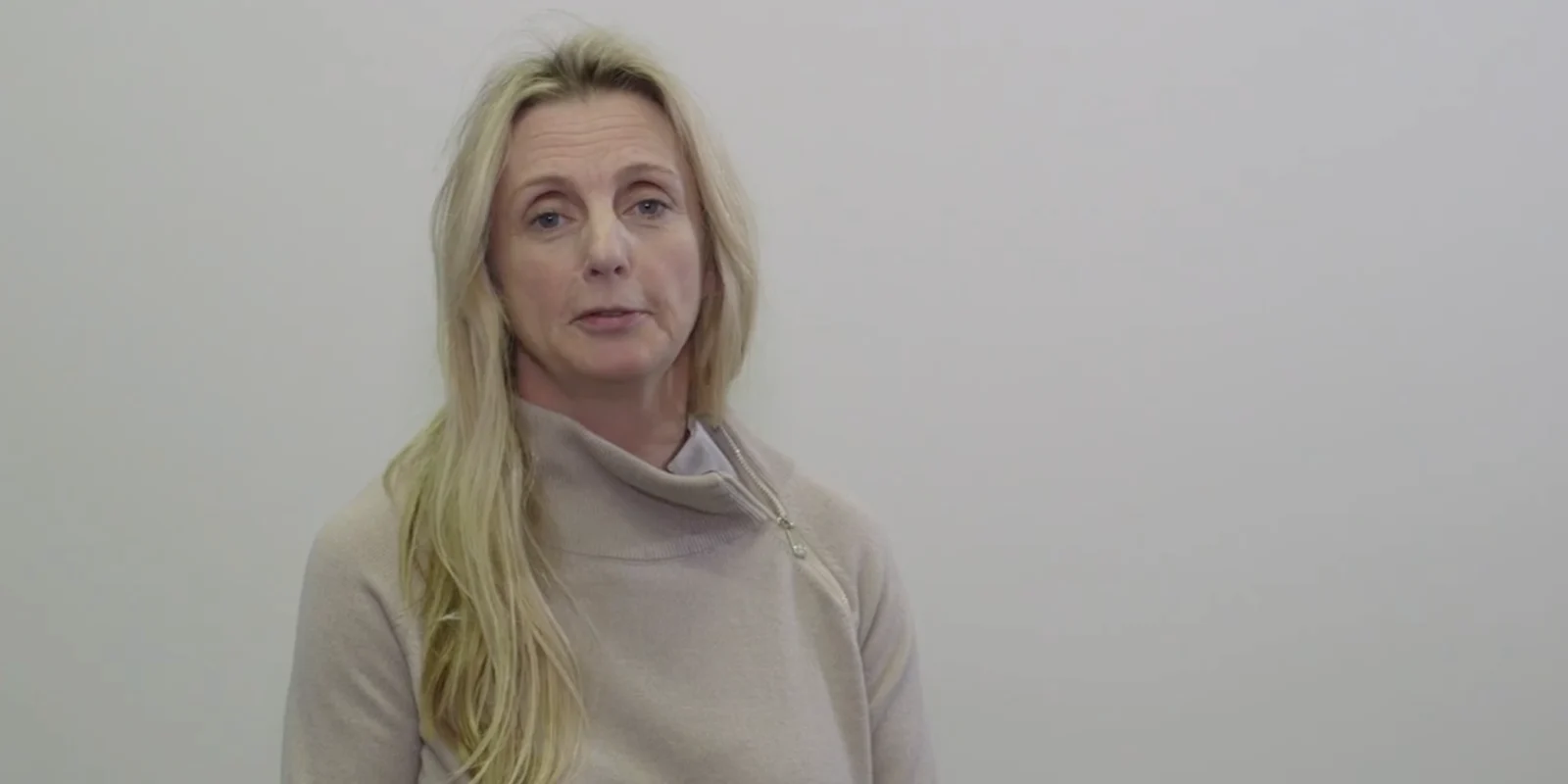
An Interview with Majella (Maria) Doyle, MD
Dr. Majella (Maria) Doyle is a transplant surgeon and hepatobiliary surgeon at Washington University in St. Louis. She presented on “Liver Directed Therapy for Primary Hepatic Malignancies” at ASCO GI 2019. She discussed her presentation and the changing field of transplant oncology with Doximity. A transcript is below.
Doximity: What are the key takeaways from your ASCO GI presentation?
Dr. Doyle: I was giving a presentation on liver-directed therapy for primary liver cancer. So we were mainly talking about hepatocellular carcinoma and intrahepatic cholangiocarcinoma. We talked about using ablation, but it’s really unusable for small tumors. It’s used for bridging patients to transplant as well as treatment for very early stage disease. It’s used a little bit in intrahepatic cholangiocarcinoma but not very much.
The bulk of the talk was about chemoembolization and radioembolization. Radioembolization has become much more used in the last few years as a way to pre-treat tumors or to treat tumors that are unresectable. Sometimes we use it in patients who have hepatocellular carcinoma when they are large; we are hoping that the patient will get to transplant at some point in time.
But the tumors have to be a certain size to qualify for transplant, and if the tumor is too big you have to shrink that tumor down by using some sort of pretreatment. This is where embolization [comes in], either with chemotherapy — sometimes we use radiation therapy to shrink those tumors down to get the patients to transplant. What we talked about is using that technology to also shrink the tumor down because sometimes it can be resectable and removed, and the patient doesn’t have to have a transplant and that depends on the quality of the liver. Sometimes the patients have cirrhosis, and so they are never really going to be able to have a big resection, sometimes they don’t have cirrhosis and particularly in the setting of intrahepatic cholangiocarcinoma and they are more likely to be resection patients.
Doximity: Can you comment on how the field has changed since you started your career?
Dr. Doyle: Well, I have been here in the States since 2005 and I finished my training here in 2007, and I think we have really developed the field of transplant oncology. I think that when I started, we weren’t transplanting for cancer...but now, we have expanded a lot more to more advanced stage disease that gets downstaged or downsized. We transplant phalangeal carcinoma...We transplant intrahepatic phalangeals and we transplant mixed tumors. We sometimes transplant even for neuroendocrine carcinoma.
So the field of transplant oncology is exploding. In Norway, in the last couple of years they’ve published data even on transplant for colorectal metastases, and while we haven’t started a program in the United States yet, there have been some patients at our center transplanted who have a history of colorectal cancer as well. So I think that’s going to be a field that’s really going to develop over the next few years and we are going to see that option there.
And then on the resection side, of course, there’s always advances going on in the technology to treat the tumors, to shrink the tumors both systemic chemotherapy and with embolization therapy to help shrink tumors and help the livers to be prepared the best way they can be for surgery.
Doximity: What are some of the future directions that you are particularly excited about, both in the field in general and in your own work?
Dr. Doyle: Well, I think moving forward...for me personally, I am excited to develop protocols for transplantation for intrahepatic phalangeal and potentially colorectal metastases as well. I think that’s going to be the two most exciting areas in the field.
And then from a resection perspective, I just think really figuring out how to maximize liver-sparing surgery particularly in the face of colorectal metastases and other metastases where we are doing resections for.
Illustration by April Brust






